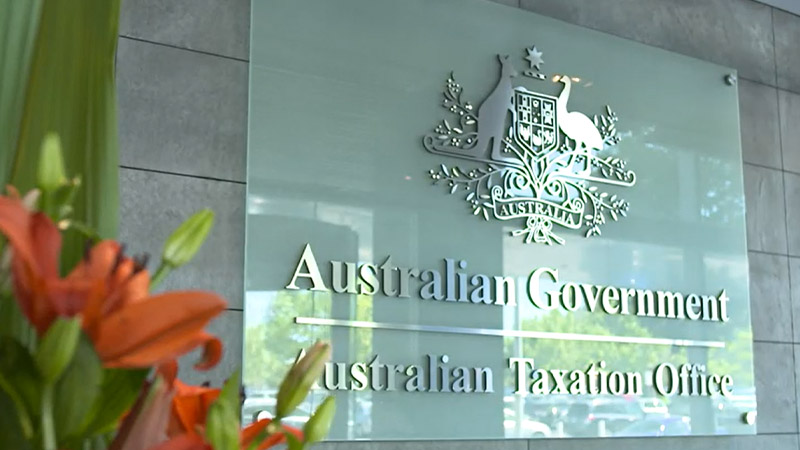Commissioner’s remedial powers need transparency, says SMSFA
The ATO has been urged to provide greater transparency around the Commissioner’s remedial powers amid concerns that decisions not to use the powers may be seeing an increase in legacy issues.
In a submission to the Inspector-General of Taxation and Taxation Ombudsman’s review of the Commissioner’s remedial power (CRP), the SMSF Association said there needs to be transparency on when a matter is referred for consideration under the CRP.
The SMSF Association, in its submission, noted that the Commissioner’s remedial power is a discretionary power of last resort and its intended use is limited to where a law change is required to address circumstances where the law is not operating as intended.
“Presently there is no transparency on when a matter is referred for consideration under the CRP. Once referred, consultations are limited and are not undertaken widely. Where the decision is made to not to use the CRP, the date the decision is made is not published and only very limited reasons are provided,” the submission explained.
“There needs to be greater clarity on when a matter is referred for consideration, the consultation process, and when a decision is made and why.”
The SMSF Association said that it is seeing an increase in legacy issues arising where decisions are made not to use the CRP and instead opting to wait for legislative change.
An example of where urgent relief is needed, the association said, is in relation to the commutation of market-linked pensions, it stated.
Issues arose with these pensions due to the unintended operation of the law resulting from legislative changes that came into effect on 1 July 2017.
“The issue was considered by the CRP panel. However, a legislative solution was chosen to be pursued instead. Whilst there was limited industry consultation through professional associations on the issue at hand, there was no formal consultation on the use of the CRP,” the submission explained.
“There is no transparency on when the matter was referred to the CRP and at what point in time the decision was made to wait for a legislative change.”
While a legislative fix addressing the gap on calculation of the exit value of the pension received royal assent in June 2020, however, problems persist where a member has commuted and restarted certain market-linked, life expectancy pensions and similar products from 1 July 2017 and who have an excess transfer balance cap.
“Due to the nature of those superannuation accounts, an amount cannot be commuted to comply with the transfer balance cap rules,” the submission said.
While there has been some draft legislation issued for consultation late last year aimed at addressing the issue, with no bill introduced yet and a few sitting days left before the election, it is unlikely legislative change will happen for some time, the submission noted.
“It has been acknowledged by the ATO that this issue is a result of an unintended consequence from the drafting of the law. The law does not operate as was intended and falls within the remit and object of the CRP,” the submission stated.
The SMSF Association said the issue is causing significant problems for those with market-linked pensions who are seeking to exit their SMSF and need to cease their current pensions, rollover to a larger fund and commence a new market-linked pension.
“We consider this to have been an ideal candidate for the use of the CRP,” it said.
The submission stated that there is a need for the full impacts of choosing not to apply the CRP to be considered.
“Further, where a decision is made to await legislative change, the matter must be regularly reviewed, in the context of the time horizon for legislative change. A matter should be able to be re-opened for consideration where that legislative relief does not occur in a timely manner,” it stated.
The SMSF Association noted in the submission that there is an established consultation process where the decision to use the CRP is made.
However, the association said that CRP processes are not widely known or understood across the tax practitioner community.
“Increased consultation and engagement during the ‘consideration’ phase, would go some ways to increasing practitioner awareness on the availability and operation of the CRP,” it stated.

Miranda Brownlee
Miranda Brownlee is the deputy editor of SMSF Adviser, which is the leading source of news, strategy and educational content for professionals working in the SMSF sector.
Since joining the team in 2014, Miranda has been responsible for breaking some of the biggest superannuation stories in Australia, and has reported extensively on technical strategy and legislative updates.
Miranda also has broad business and financial services reporting experience, having written for titles including Investor Daily, ifa and Accountants Daily.








